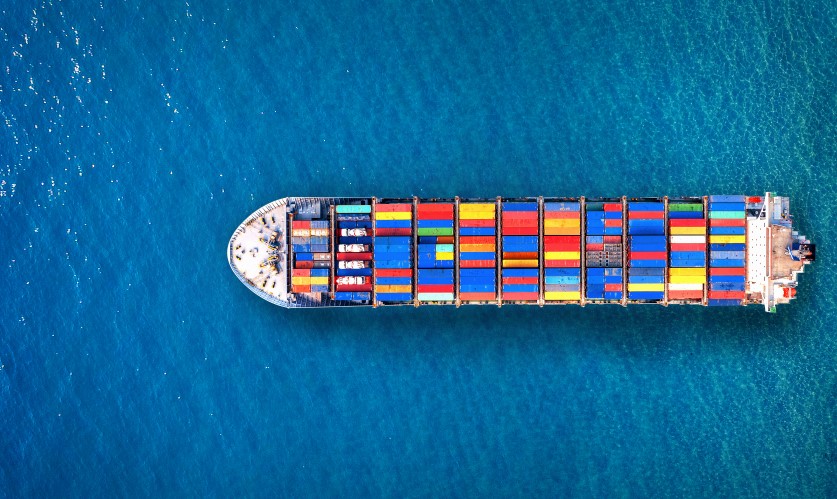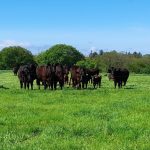UK producers could be undercut by lower welfare imports, says think tank
A report from independent think tank ResPublica has identified several clauses in the UK’s recent trade deals with Australia and New Zealand that could open the door to food produced to lower standards of animal welfare.

The report claims that there are few enforceable safeguards in either agreement that can prevent meat produced to lower standards potentially coming into the UK market and undercutting our UK farmers. Instead, both agreements contain only commitments to “provide a forum for ongoing cooperation” on animal welfare standards.
It also offers several recommendations for future trade policy development, which highlights the importance of keeping trade liberalisation and animal welfare closely connected.
It states: “Trade liberalisation in the form of tariff and quota reductions should be linked to meeting environmental and animal welfare standards in production. Additionally, on the most important issues, the UK should seek to control imports not only on the grounds of the safety of the final product, but also on the basis of how it has been produced.”
Differences in standards
The report further recommends that the provisions of World Trade Organisation (WTO) Article XXa be used to implement trade restrictions on the basis of animal welfare. However, the British Meat Processors Association (BMPA) claims that “this may be easier said than done.”
Trade policy advisor at BMPA Peter Hardwick explained: “WTO has only once previously found in favour of trade restrictions based on a welfare issue that was in relation to EU restrictions on products derived from seal hunting; an extreme example.”
BMPA claims that cases like that described by Hardwick can “easily get mired in subjective arguments to the point that no WTO ruling is possible.”
The Association points to mulesing, a practice that is commonly used in Australia, as an example of differences in animal welfare standards between the UK and its trading nations.
According to the RSPCA, mulesing is “a painful procedure that involves cutting crescent-shaped flaps of skin from around a lamb’s breech and tail… The resulting wound, when healed, creates an area of bare, stretched scar tissue. Because the scarred skin has no folds or wrinkles to hold moisture and feces, it is less likely to attract blowflies. This makes mulesed sheep less susceptible to flystrike.”
Hardwick claimed that cases like this brought before the WTO can reach an impasse. He said: “Mulesing may be nasty and unacceptable to a lot of people, but in an argument at WTO over public morals, which is what XXa is about, a counterargument over flystrike would be potent. The issue of public morals is very often subjective but, that said, the [ResPublica] report rightly says that the UK must try harder and has signally failed to do so in any substantial way within the trade deals concluded so far.”

 Pilgrim’s UK invests £10m in bid to improve sustainability
Pilgrim’s UK invests £10m in bid to improve sustainability Kepak announces food production and sustainability qualification
Kepak announces food production and sustainability qualification
